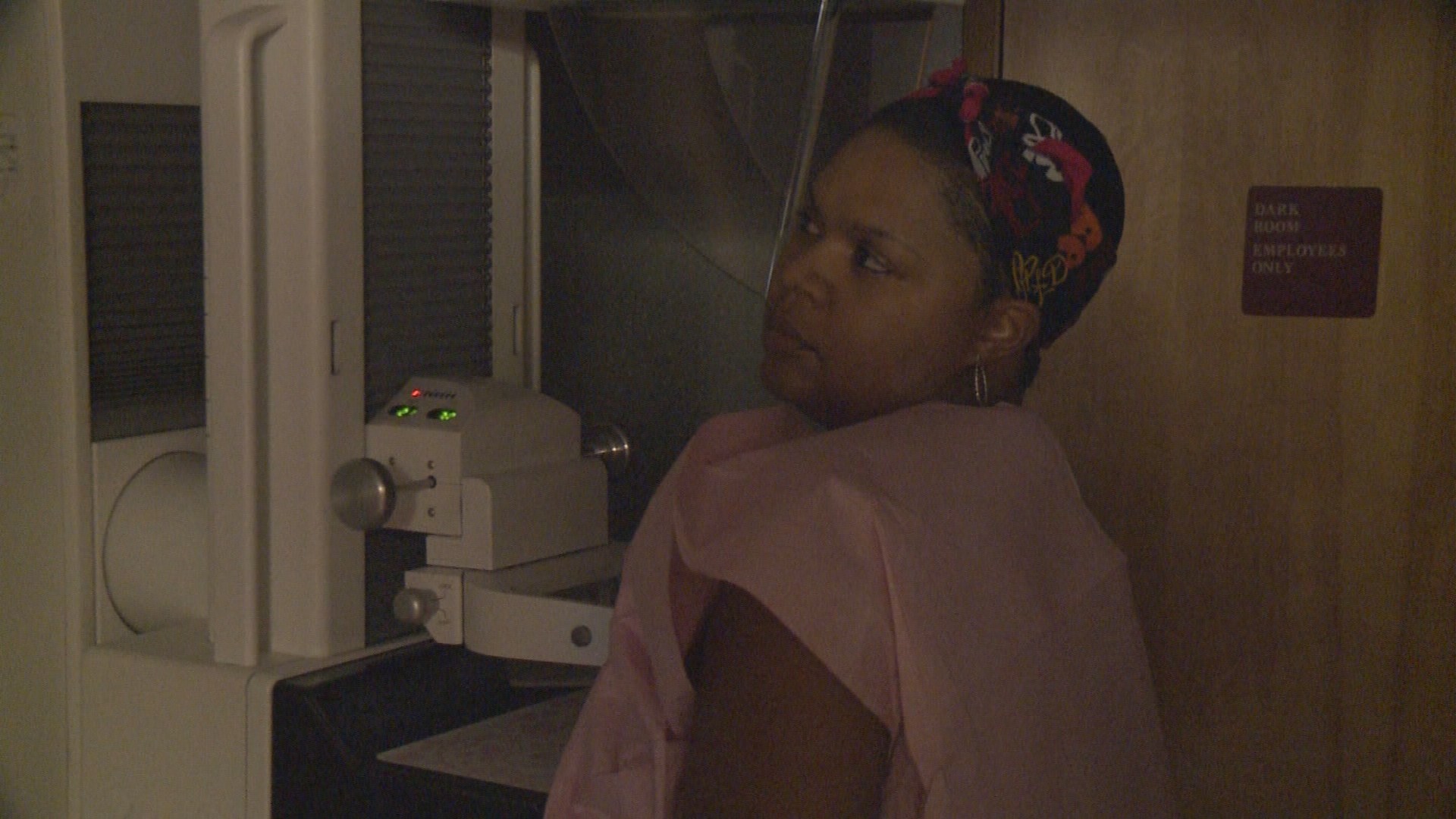LOUISVILLE, Ky. (WHAS11) – In February we celebrate black history month, but there's nothing to celebrate when it comes to the statistics of breast cancer among African-American women.
Breast cancer is not only the most common cancer among African-American women, their death rate is higher than white women in America.
Thyriss Coleman's family has been going to Green Street Baptist Church for three generations; it's a family tradition. When she was diagnosed with breast cancer in 2014 she had no family history, but her history still made a difference in her diagnosis and her treatment.
"I didn't know African-Americans were at a higher risk, but I had known a couple of people who had been diagnosed and they had very rare types," Coleman says. "I didn't know that was something that was significant, something that was common."
"Most people think breast cancer is breast cancer," explains Dr. Beth Riley, a medical oncologist at the James Graham Brown Cancer Center. "But it's really very, very different diseases."
Thyriss had what's called a "triple negative" breast cancer -- one type of at least a half a dozen known breast cancers out there. It is more aggressive and strikes the African-American population at an alarmingly high rate.
"We traditionally thought that was because of less access to healthcare, lower rates of screening with mammography, but what we're learning is it's a little bit more than that," Dr. Riley said. "The rates of mammography and outreach programs have been successful, but the type can't be explained by the underuse of screening."
Triple negative cancer means the cancer is negative to three known estrogen receptors. It's the only type of breast cancer that isn't hormone related, meaning some of the newer hormone-related drugs won't work to treat it. Chemotherapy and radiation are the only options, and catching it early is key.
"I believe African-Americans should be screened at 40," Dr. Riley said. "The reason is that they tend to develop breast cancer earlier. The average age for African American women developing breast cancer is mid-50s, whereas Caucasian women it is mid-60s."
The bottom line is to know your risks. Because breast cancer doesn't discriminate.
"Don't be fooled into thinking you're too young, past the age, or too old because it affects everyone at every age."
There are three main things that determine your risk factors for cancer: genetics, environment and your lifestyle. The only one of those you actually have control of is your lifestyle, which is why doctors say the best thing is to know your risk factors, but focus on maintaining a healthy lifestyle. That means eating well, not smoking and getting good exercise at least a few times a week.


